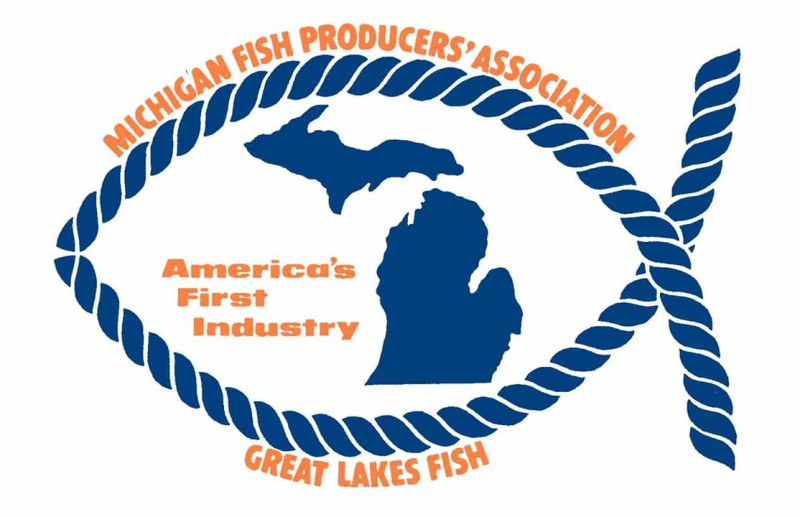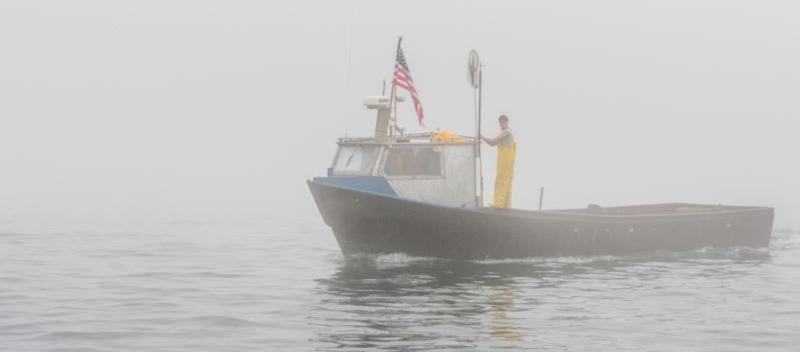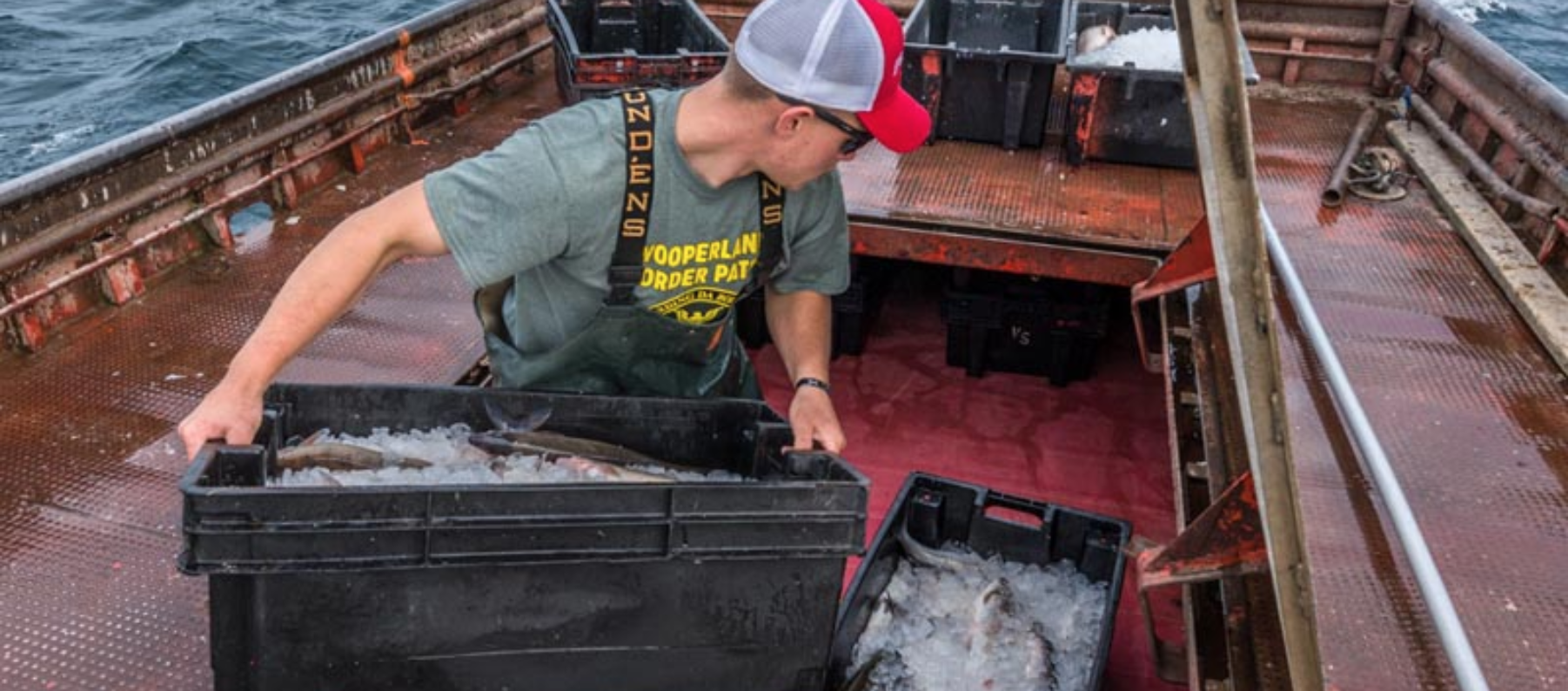A lawsuit filed against the Michigan Department of Natural Resources claims the state is withholding reissue of all commercial fishing licenses and calling for gear restrictions that will put the industry out of business.
“The things that were not renewed have been in place for well over 40 years in most cases, and the only the things that are a benefit to commercial fishers are gone," says Amber Mae Petersen, who runs the Fish Monger's Wife seafood retail outlet in Muskegon and serves as secretary-treasurer for the Michigan Fish Producers' Association, which filed the suit in early January. "The answers are conflicting as to why they were not renewed. It seems off."

For the last eight years, Michigan's Legislature, stakeholders and Department of Natural Resources have been collaborating on an overhaul of the state's fishing regulations.
In 2020, state Sen. Ed McBroom proposed more than 100 amendments that DNR refused to review, claiming it would be too laborious to assess the ripple effect of those proposals on other state statutes. As a result, the Legislature declined to move the legislation out of committee as the session adjourned.
The next move from the Department of Natural Resources was to delay license applications and revert to 1929 statutes that commercial fishermen say severely hamstring their operations, including restricting whitefish trapnets to less than 13 fathoms, or 80 feet.
"DNR did a deepwater trapnet study before allowing licenses to fish deeper," said Petersen who is married to a fourth-generation Lake Michigan whitefish fisherman, Eric Petersen. "That was in the early 1990s."
Reverting to laws almost 100 years old not only loses gear updates but gear types.
“The 1929 laws regulated a booming gillnet fishery that shipped freshwater fish around the world. That’s not us anymore," Petersen says. "It is time for new laws but not laws made to help a beginning sport fishery because it’s not 1967 either. It’s 2020. There is room in the lakes for all of us, and the laws should be for a healthy commercial and sport fishery.”
In recent years, McBroom and state Rep. Sara Cambensy collaborated on bipartisan efforts to bring commercial fishermen to the table in a state that consistently regulates primarily for the recreational and charter sectors.
"Every management effort that has come through has been for the convenience of the sport fishery," Petersen said.

It's a tradition that began, in fact, with the inception of the state's fishery management of lakes Michigan, Huron, Superior and Erie, which were under federal management until the 1960s. The state took over for the purpose of stocking salmon to create a sport fishery.
But it was lake trout that started the most recent tug of war between commercial fishermen and recreational fishing advocates.
As the lake trout population has blossomed, the commercial whitefish count as lagged.
"Lake trout and whitefish don't coexist," Petersen said in 2019 testimony on the Michigan House floor. "When the lake trout move in, they push out the whitefish. And so it used to be historically, commercial fishermen would then just start catching lake trout, and we would sell lake trout. And then the balance would continue."

Commercial fishermen were asking for 10 percent of the lake trout quota and 20 percent for walleye to diversify their income. Lake trout are often bycatch in whitefish traps, so fishermen were asking to land some of those fish rather than throwing them back.
DNR Director Daniel Eichinger — former director of the Michigan United Conservation Clubs, a sporting organization — supported legislation that would limit commercial fishing.







